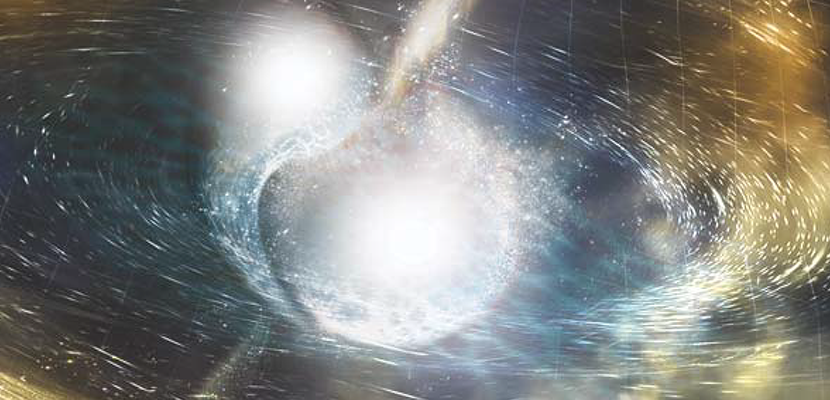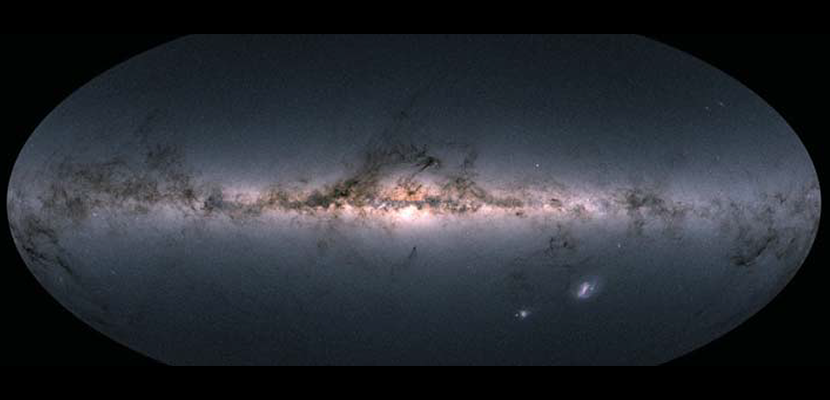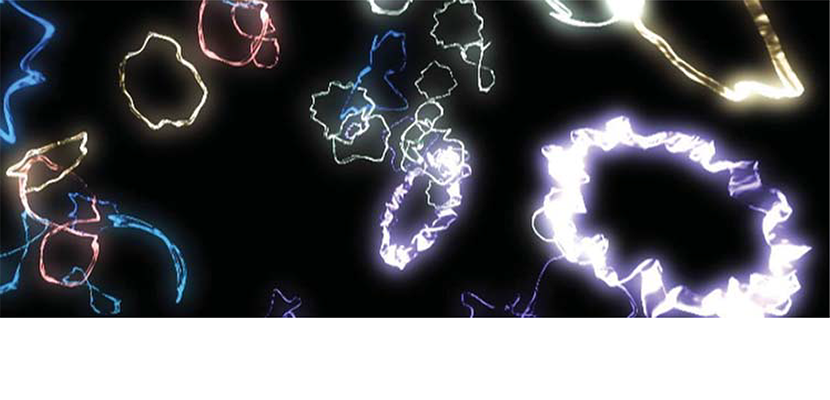Modern physics is described by two huge paradigms: Quantum Field Theory (QFT), and General Relativity(GR). As the framework of studying on interactions among elemental particles, QFT has evolved dramatically over the past hundred years. Recently, it has been used to describe various phenomena of solid state physics theoretically in a strict manner, therefore the importance of studying QFT has become remarkable. On the other side, Einstein's gravitational theory provides theoretical basis explaining phenomena in the vast universe like interactions among galaxy systems or planets. Starting with the success of detecting gravitational waves at LIGO, in 2015, studies on the universe by Einstein's general relativity and gravitational theory has become more active. Theoretical particle physics is a field that aims to understand interactions among elemental particles, new effects discovered in various condensed matter systems, and cosmic phenomena in very early stage which is still full of mysteries by expanding quantum field theory and general relativity.
The POSTECH theoretical particle physics team studies on string theory which can cover quantum field theory and general relativity without contradiction. String theory is the branch started from the brilliant idea that every elemental particle can be viewed as distinctive vibration modes of the tiny one-dimensional 'string'. This simple idea has provided a foundation that may solve several big problems in modern physics such as the quantization of gravity. This theory is still in early phase, and has a lot of prospect to develop. We pursue strictly completing the interesting theoretical framework by solving several problems and drawbacks of string theory itself. Moreover, materializing the new physical phenomena and ideas such as duality, emergent phenomena that stems from string theory, we aim to overcome the limitations of recent quantum field theory and general relativity.








-2.gif)








 Login
Login


